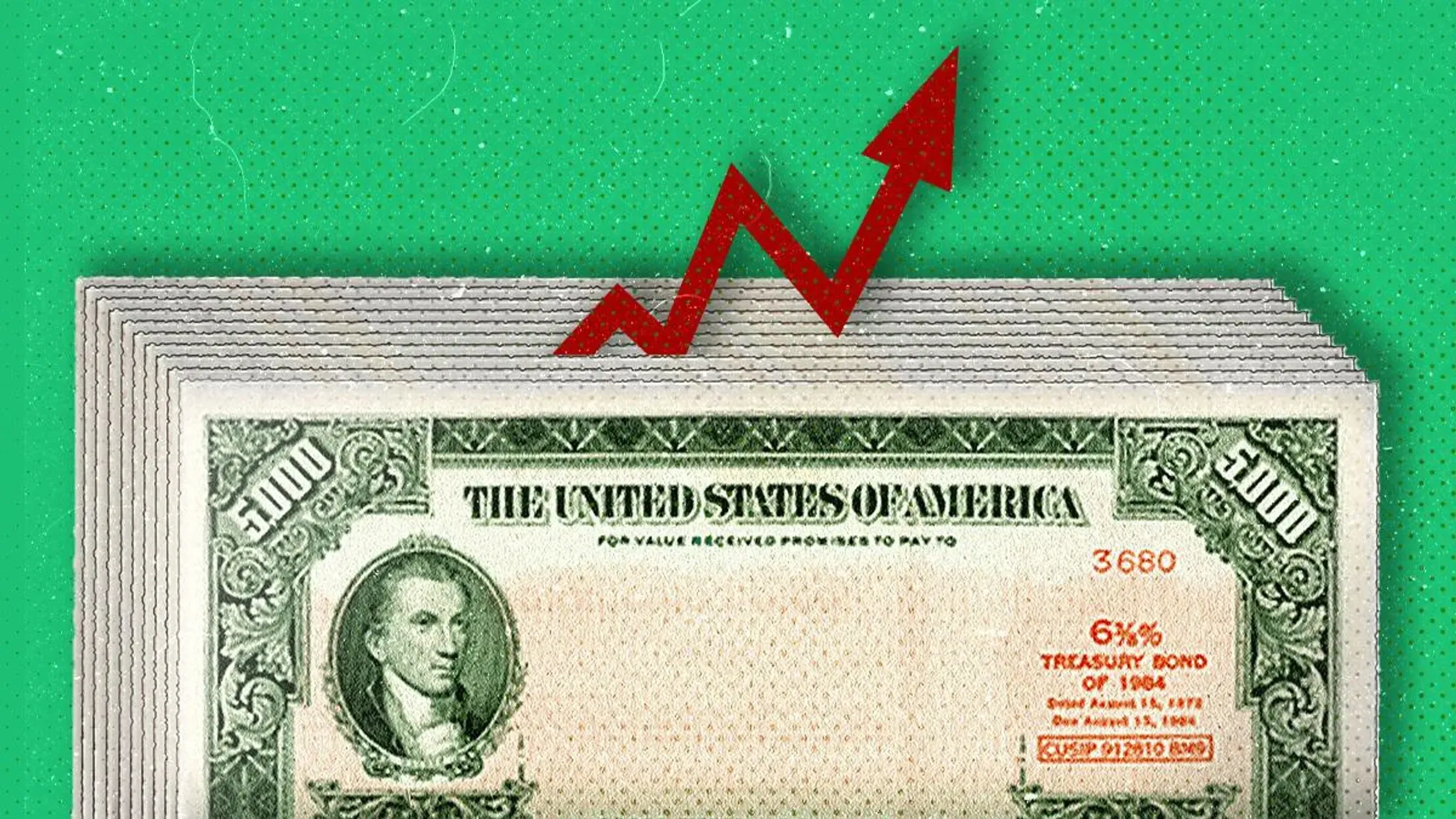The debt ceiling – dubbed by Ian Bremmer as the dumbest recurring character in US politics – is rearing its ugly head with no end in sight.
Republicans and Democrats have been sparring for weeks, and while House Speaker Kevin McCarthy and President Joe Biden made meaningful progress in recent days, a deal remains elusive. The US government, meanwhile, will breach the so-called “X-date,” when it runs out of money to pay its bills, by late next week. Yet, legislators are fleeing Capitol Hill ahead of the holiday weekend in spite of the threat of the X-date arriving before a deal.
As for timing, Republicans and Democrats don’t share the same level of concern. Jon Lieber, managing director for the United States at Eurasia Group, says there are Republicans who “don’t think going past the deadline is all that bad, and because of that, the pressure on Kevin McCarthy to compromise is minimal.”
Republicans want a long-term deal and are willing to miss the deadline to ensure they get their steep cuts and policy reforms. But Democrats are seriously concerned about the political ramifications of even a partial default. McCarthy knows this, which puts Biden at a disadvantage in negotiations.
Failing to meet the deadline would take the US into a state of debt prioritization, made possible by a GOP-led bill passed last Friday. This approach would prioritize obligations to help the government avoid default, such as paying principal and interest payments, while slowing payments for government workers and social security benefits. So basically, the scary debt collectors will get paid on time, but grandma will have to wait her turn.
Republicans are banking on prioritization to make any breach of the debt ceiling economically survivable until June 16, when the government will get an influx of tax dollars to pay bills for another six weeks.
And beyond that? “Republicans can do this all day. Until payments are being delayed for a significant period of time, Republicans will have all the leverage,” says Lieber.
There is still a strong possibility that a last-minute, short-term deal could be reached early next week, but certain issues are proving intractable. Republicans are demanding new work requirements for Medicaid and food stamp recipients, and a baseline budget for 2024 below that of 2023. The latter is proving to be so contentious that talks have broken down multiple times over it.
Many Democrats are urging Biden to use the 14th Amendment to unilaterally raise the debt limit rather than compromise with Republicans. Their argument is based on a line in the 14th Amendment that says the US debt “shall not be questioned,” which could give the president the constitutional power to make sure the country doesn’t go into default. But Biden doesn’t seem keen on this solution – which would inevitably be challenged by Congress in the courts.
The hard deadline for default is next Friday, June 2, but the US could still face a credit downgrade early next week if it becomes more likely that a deal is not going to be reached. The US was downgraded once before, under the Obama administration in 2011, when it was 72 hours shy of default (which it ended up avoiding). Nevertheless, the downgrade triggered a plummet in the markets and cost the country $1.3 billion in higher borrowing costs.
Instead of learning that even getting close to default is economically problematic, the parties seem to have drawn the wrong lessons from 2011. Democrats learned that it's not worth it to negotiate, and are demanding a clean increase to the debt ceiling without any trade-offs. Meanwhile, Republicans saw that they can leverage the moment to make gains that their party can run on and are relying on debt prioritization to play hardball.
Trouble is, while Republicans may be proud of their nifty solution to the looming deadline, risking prioritization, says Yellen, “is effectively a default by just another name.”